Caché (2005)
How deep is the psychological iceberg?
Presentation:
A family is terrorized by videotapes on their doorstep. The more I think about this film, the more I think it is a masterpiece…just not the masterpiece you’re thinking of. In the words of Denis Villeneuve, this is some heavy cinema shit. Haneke is like a Michelin star chef that deconstructs dishes and serves you avante garde foam duck confit that nourishes the mind rather than the senses. If you’ve seen his other films like Funny Games or The Piano Teacher, this similarly has Nietzche levels of psychological depth. One could even argue he has surpassed the masters like Kubrick and Tarkovsky on a purely psychological basis as this plot is really hard to execute. The film has no music, barely any cinematography shot on camcorders with auto white balance. It stands solely on the merit of its script and ideas, unpolluted for as much realism as possible in delivering its themes. It’s slow with some overly long cuts for the sake of letting you soak in the atmosphere, but if you’re like me and like psychological and philosophical films, you may find it riveting the entire time. This is a metaphorical and literary art house film and if you interpret it literally you will be confused. So let’s delve deeper.
Story:
To understand this film, there are 2 important references one needs to be familiar with in order to proceed. The first is France’s war and historical stain against Arabs. If you’ve watched The Battle of Algiers you will know, if not then just know that France lost international favor during the Algerian War, which can be summed up as racial colonization while suppressing and censoring their war crimes. The other key reference is Haneke’s film Funny Games, which is a meta film playing on audience’s expectations of violence in cinema.
There are multiple avenues to dissect this film so let’s begin with the overview. This is a film about guilt, namely a metaphor for French guilt specifically their denial of racial transgressions against Arabs. It has been a touchy subject if not taboo in France to address the Algerian War, which was brutally lost with Algeria eventually winning independence. It went as far as certain films were censored due to outrage from the public and government. So in Caché, Georges committed a grave offense toward his adopted Arab brother by lying in order to send him to an orphanage. Throughout the film, Georges becomes increasingly suspcious and unlikable when it comes to his childhood sin. He pretends to not remember, doesn’t tell his wife and ashamedly plays it off as no big deal. Mijad obviously disagrees and supposedly terrorizes him with videotapes of his home. Now on one hand you could choose the main point of contention is to prioritize who is right or wrong, but I believe that to be very surface level. Haneke makes who sends the tapes ambiguous to focus on guilt for a reason. This also makes it impossible to frame the question about whether such acts were justified because we simply don’t have enough information to determine.
This ends up being irrelevant anyway once you realize that it is more than likely that the person that sends the tapes is actually Georges himself, or us the audience. Or you could disagree and take the film literally, in which case you would be on the French side of censorship condemning the Arabs as usual. We know that this contested philosophical hill has merit because Haneke intentionally introduces a scene where a black man argues with Georges on the street. Both blame each other and it is concluded that both weren’t looking at the street. This scene alone makes it evidently clear that Haneke wishes to address the racial conflict in France.
Analysis:
There are several avenues or theories one can go about analyzing this film. What evidence supports the theory that Georges sends the tapes? For one, Mijad looks genuinely surprised and both him and his son deny filming or sending tapes. There is one scene where Georges is returning home where it looks like he is filming himself even after Mijad is dead. Also it is proven that his accounts are unreliable, as his memories of the past are false, projecting fear that Mijad tried to harm him with an axe when that never happened. Haneke also cleverly decides to insert a scene of Georges working on his TV show where he edits the interview in a very biased and manipulative way. In essence, Georges attempts to rewrite history or at least edit the events to convince others, us and himself not look like the bad guy in this story. Though he does end up being the aggressor with threats perhaps based on emotional fear. He sends the tapes because it is a projection of his subconscious denial of the severity of his actions. He says he will sleep fine, yet he is cloaked in shadows on the way home, requires sleeping pills . Georges wishes such a death can simply go away so as to not inconvenience his career or public perception (the audience).
What evidence supports the theory that the audience sends the tape? Haneke’s 1997 film Funny Games deals with the audience actively participating in the events of the film. We can simply choose to stop watching for a good ending, or continue watching violence for a bad ending to prove the film’s point. The same meta narrative device is employed here, where us watching the film is a metaphor for sending the tapes. This interpretation makes sense only when you see Haneke’s work as a whole. As we see more of the story, we judge Georges more and more and make him uncomfortable to try and deny and rewrite history, just like the cultural zeitgeist of France toward Arabs. The international stage was watching France torture prisoners of war, and Haneke similarly attempts to force France to confront past crimes just like Georges. Georges and thus French audiences watch and project biases to cover up guilt but his projection that Mijad sends the tape already indicates proof of emotional guilt.
Other small details include whether Anne is cheating with Pierre. Although unlikely, it’s ambiguous and serves to highlight bias and ambiguity in perspectives. Her and the son's lack of trust represents Haneke's disposition toward a disingenuous France. The final scene is most shocking when Mijad’s son ends up chatting with Pierrot. The scene may not be in chronological order suggesting it was the two sons sending tapes to conspire against Georges after realizing what he had done. This might explain why Pierrot didn’t come home and was cold toward his parents. However the conversation topic looks to be casual. The film is really addressing France. The reason Mijad slices his own neck is to illustrate the point that Georges asking Mijad to cut a chicken’s neck had metaphorically the same effect on his life. This is when the film starts becoming more metaphorical than literal. Haneke’s message is to consider the perspective of the side of the accused. Rather arguing who is right or wrong, determine what is right or wrong. This is why the most important line is asked by Mijad’s son: “I wanted to see how you would react to a death.”
Conclusion:
This is not for the average movie-goer. It also has real animal abuse so definitely not for mass viewing either. This is for cinephiles that crave intellectual stimulation and love analyzing films on a literary basis. The film really plays with psychological perspectives, so I would assume 90% of audiences will not like nor get this film. If you’re not certain you will like this film, just don’t bother because it’s very niche and squarely aimed at the French. For the other 10%, this will be a truly impressive feat of filmmaking genius peeling back layers under the psychological iceberg.



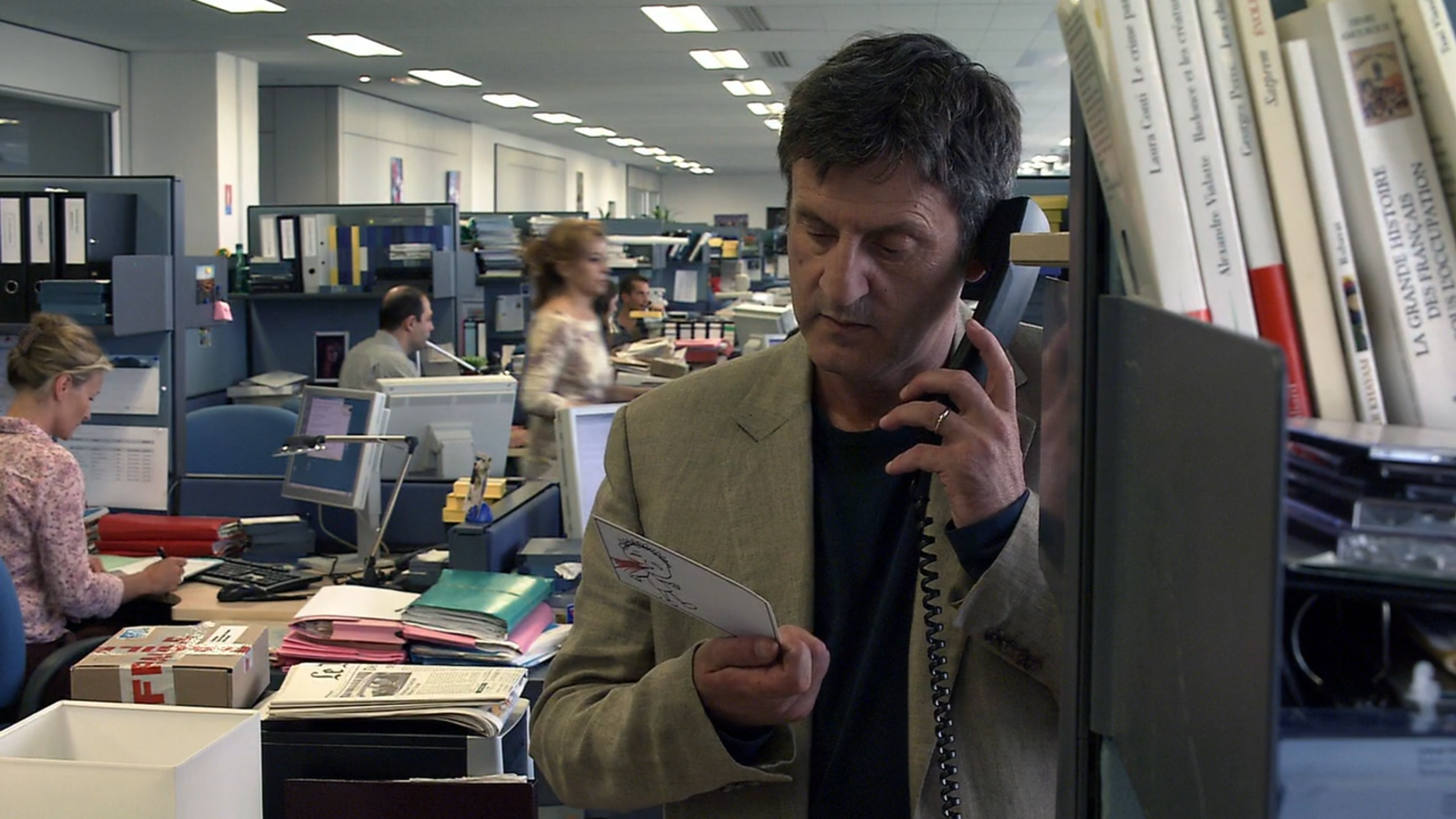

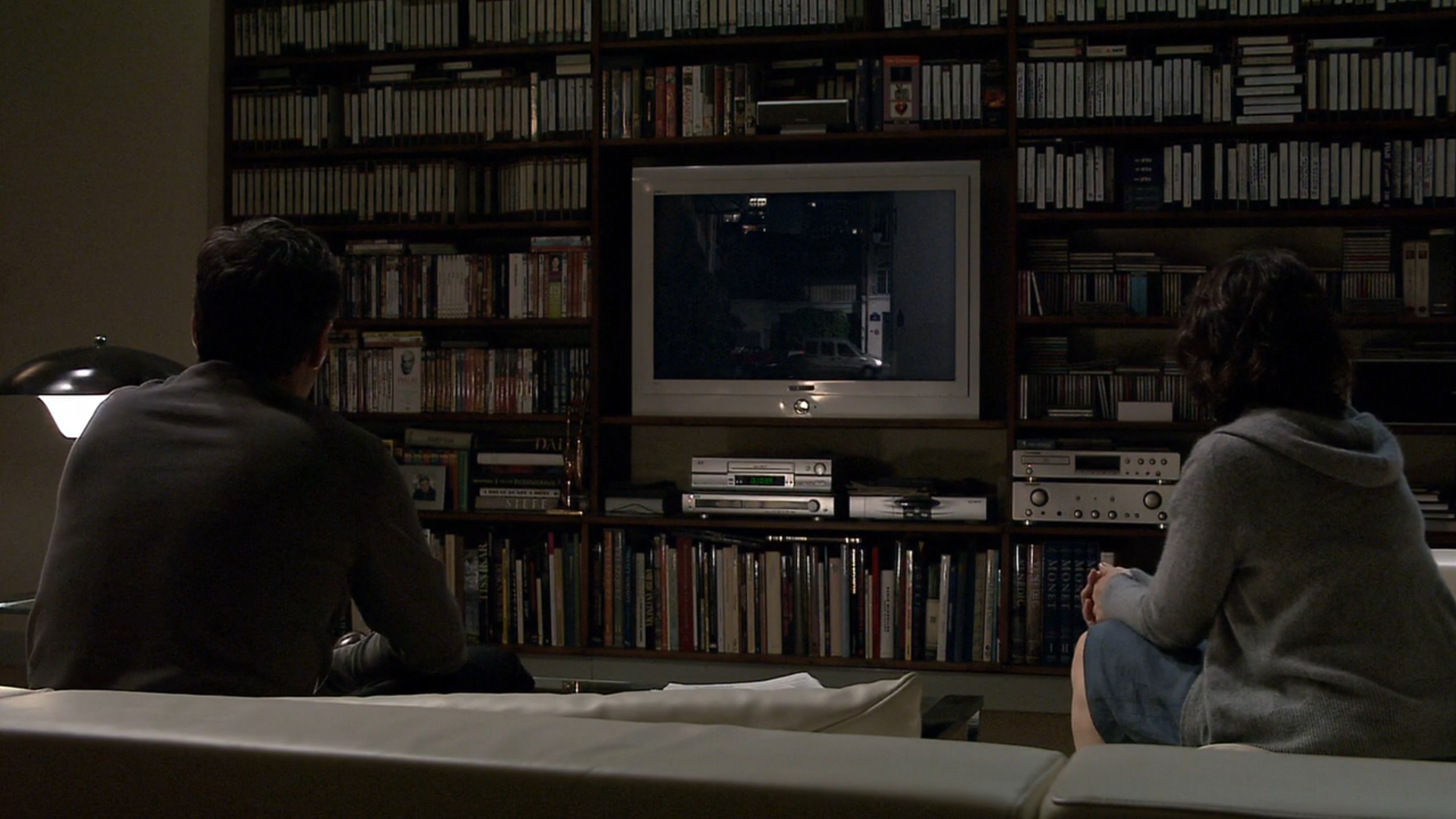







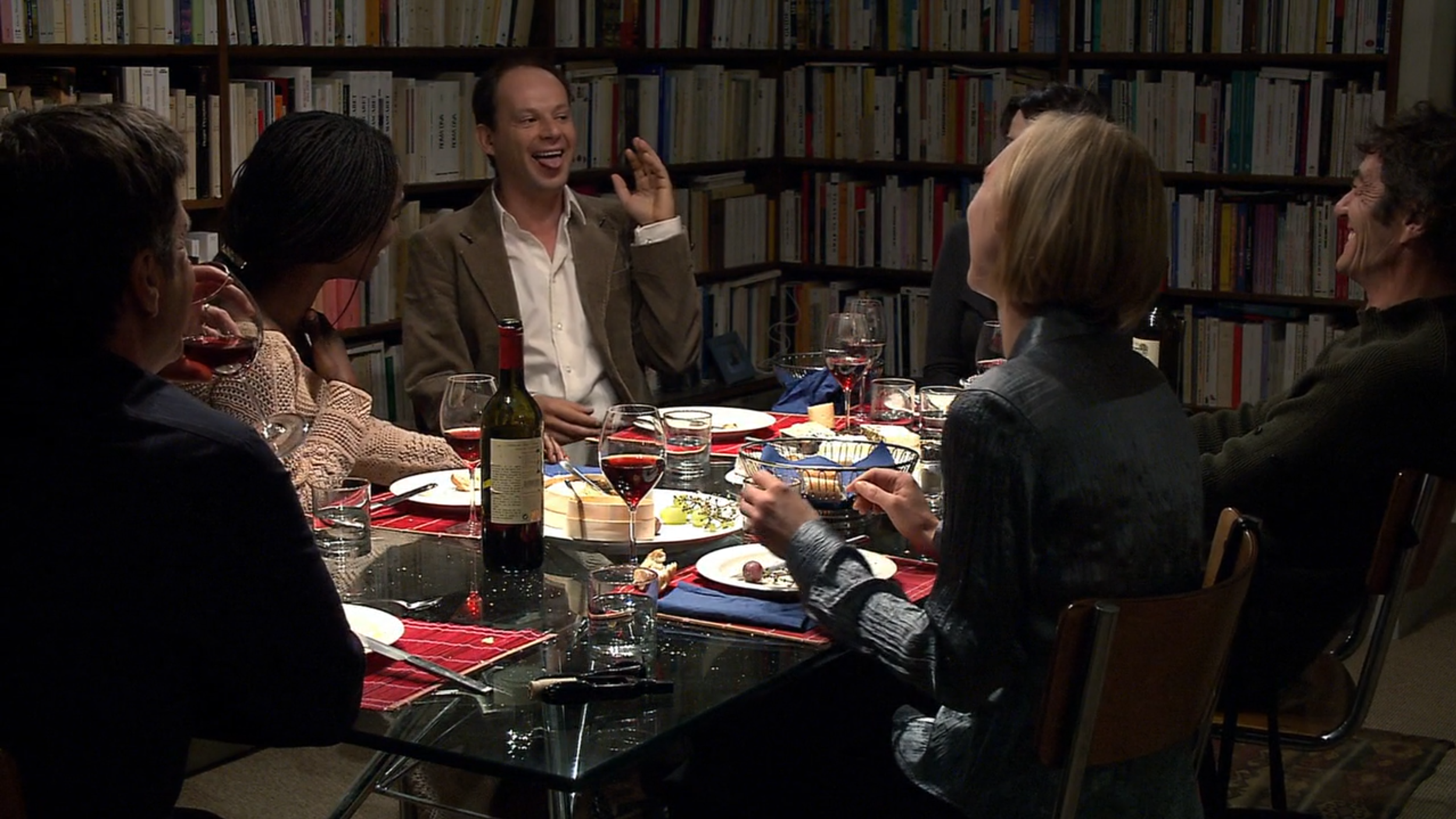


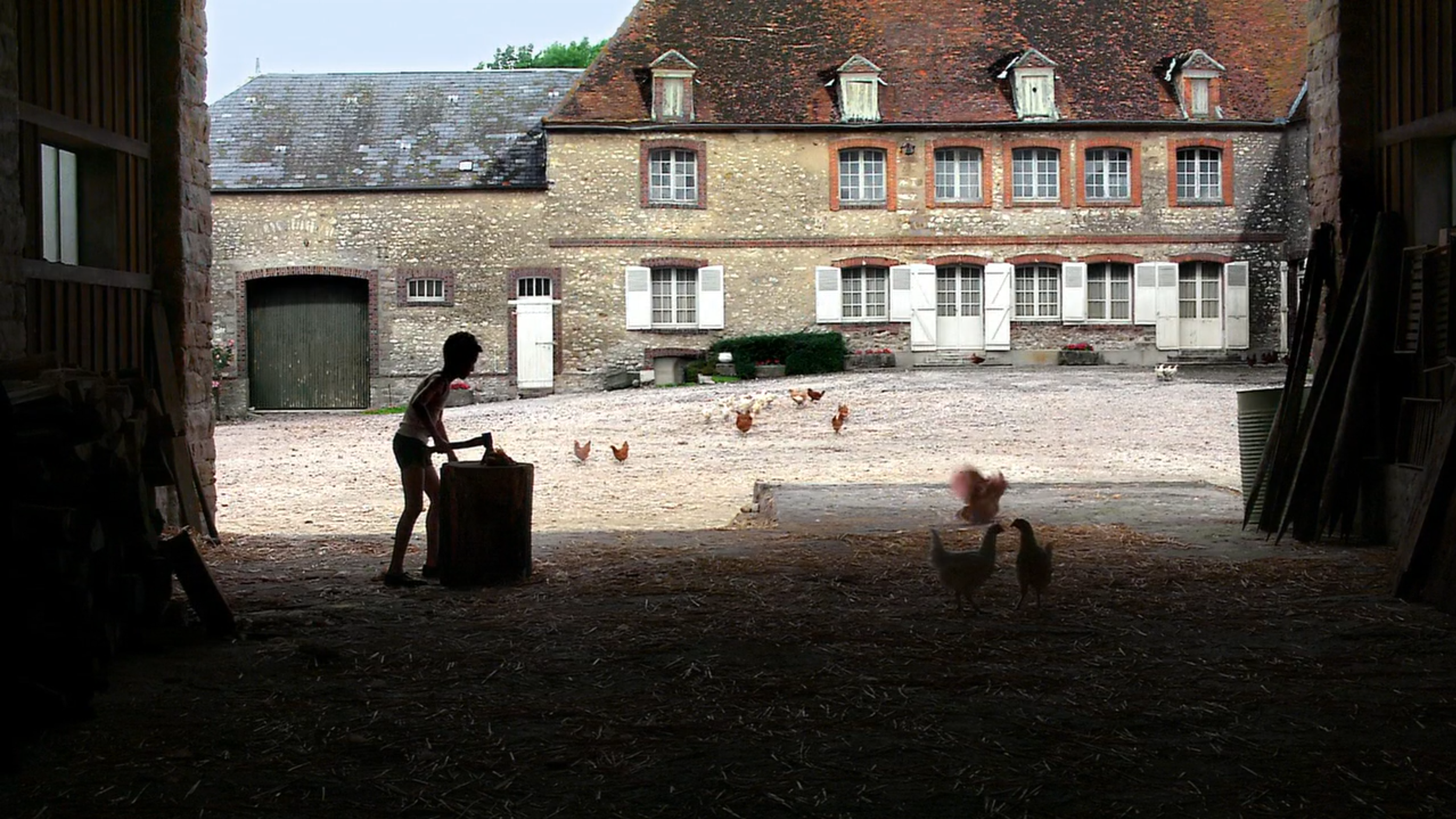

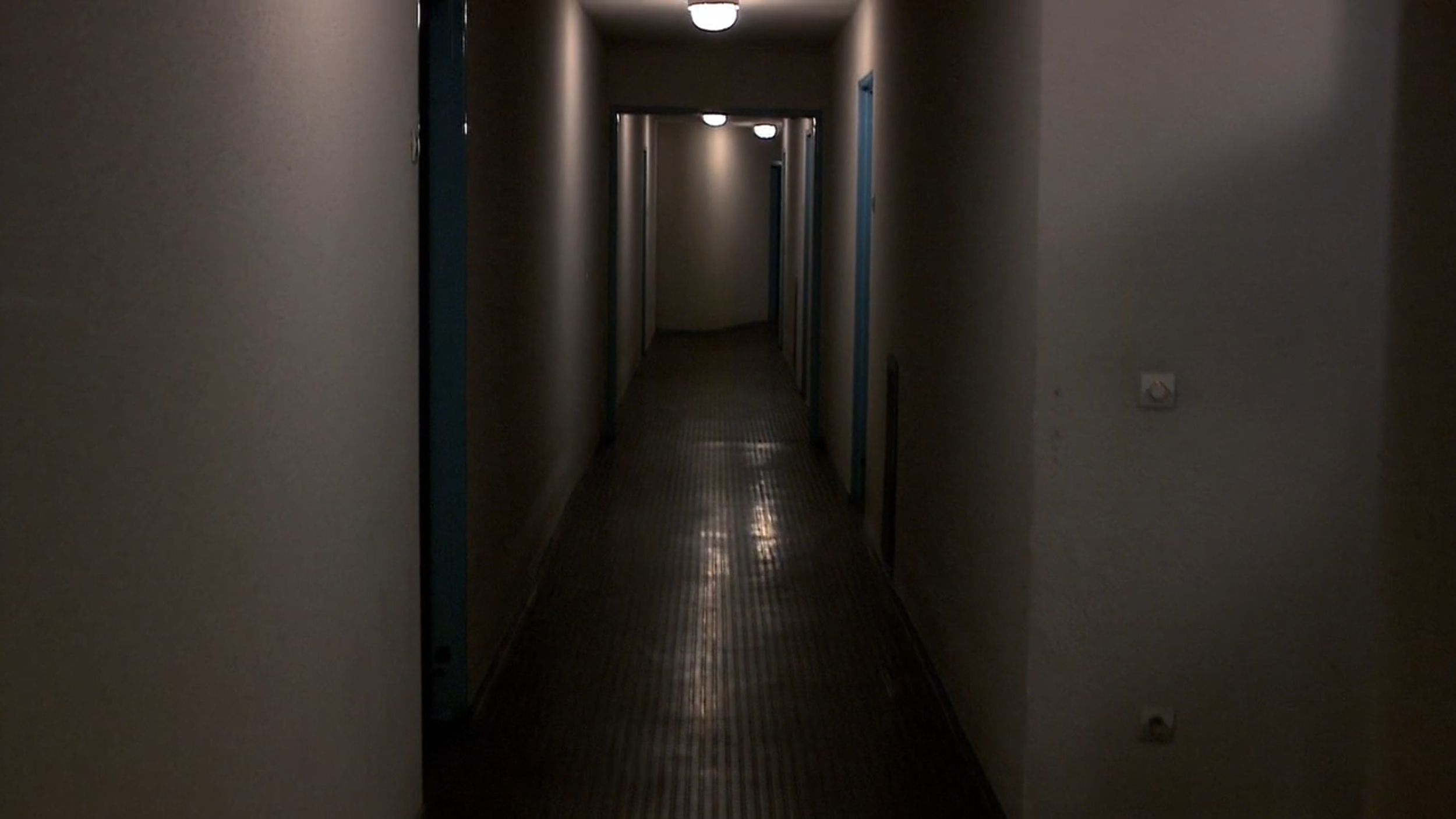




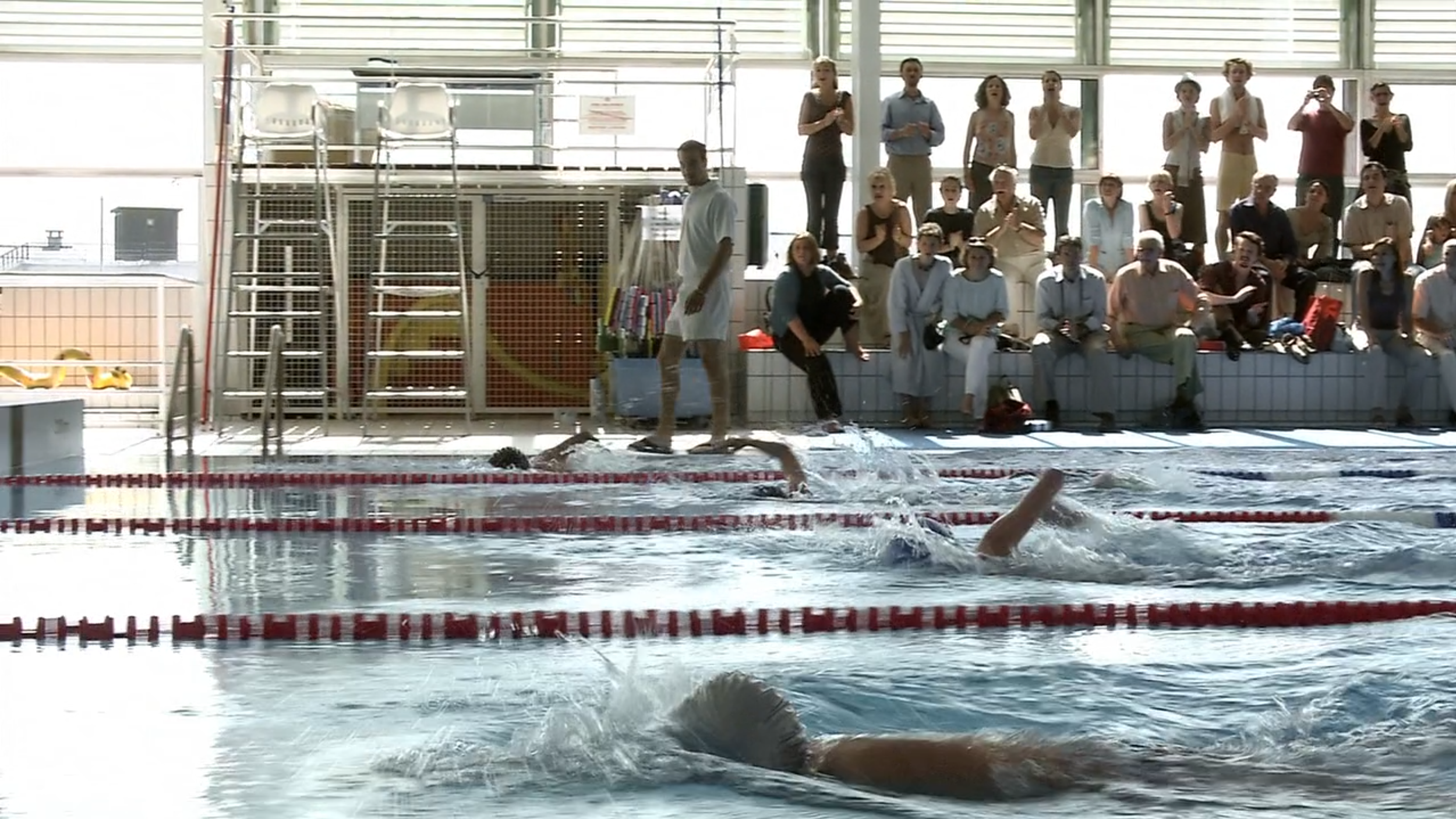



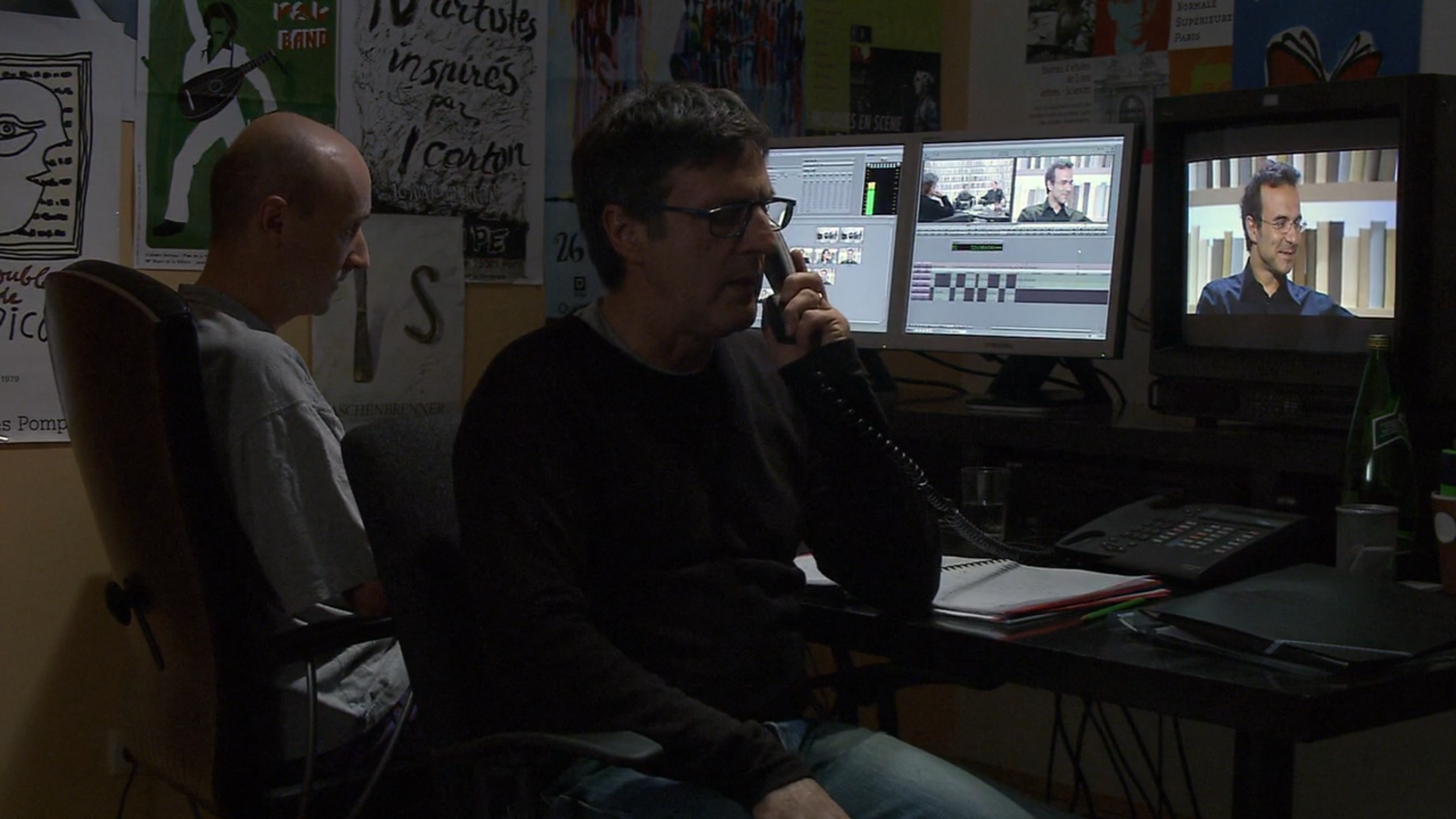
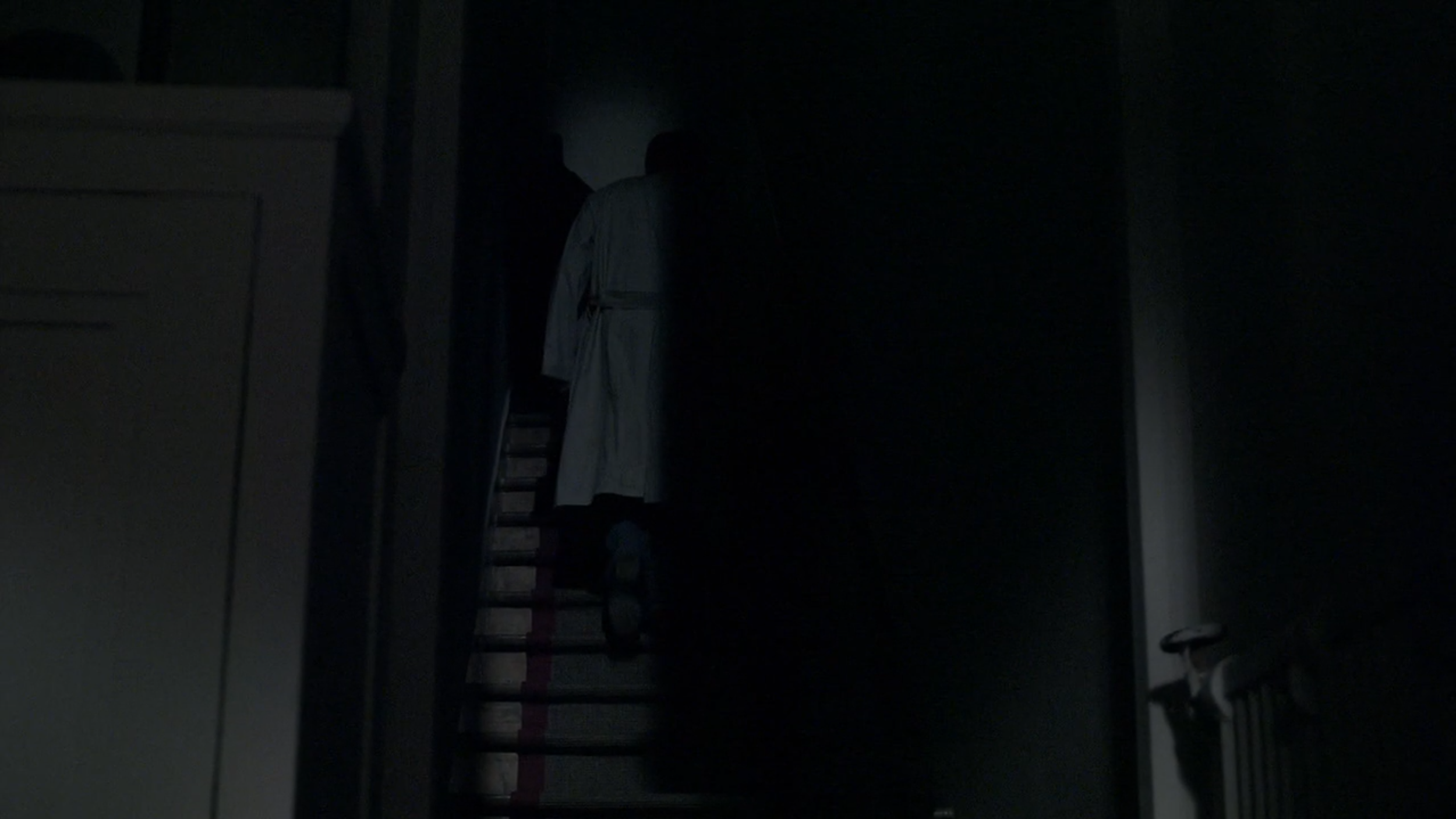

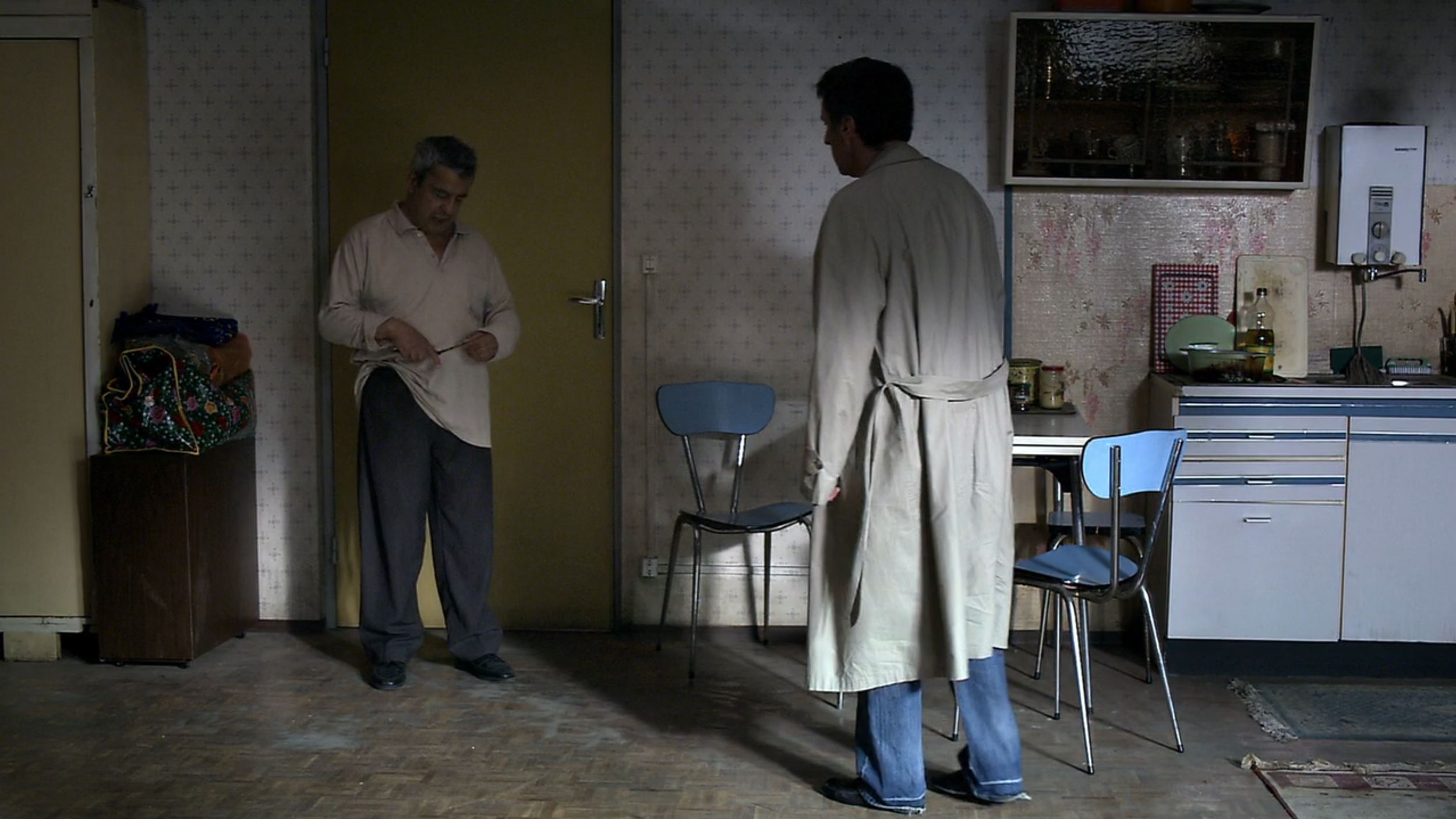





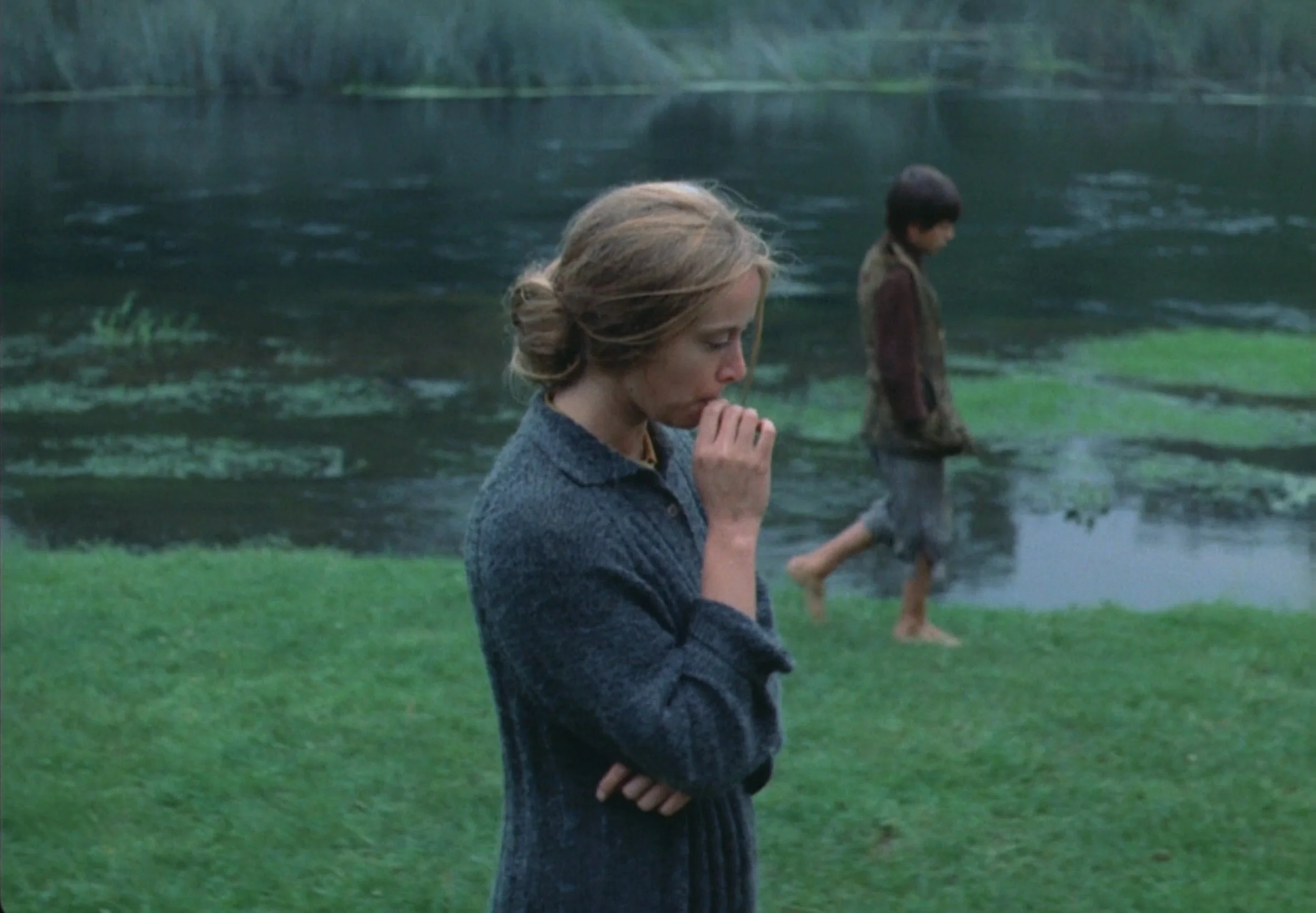
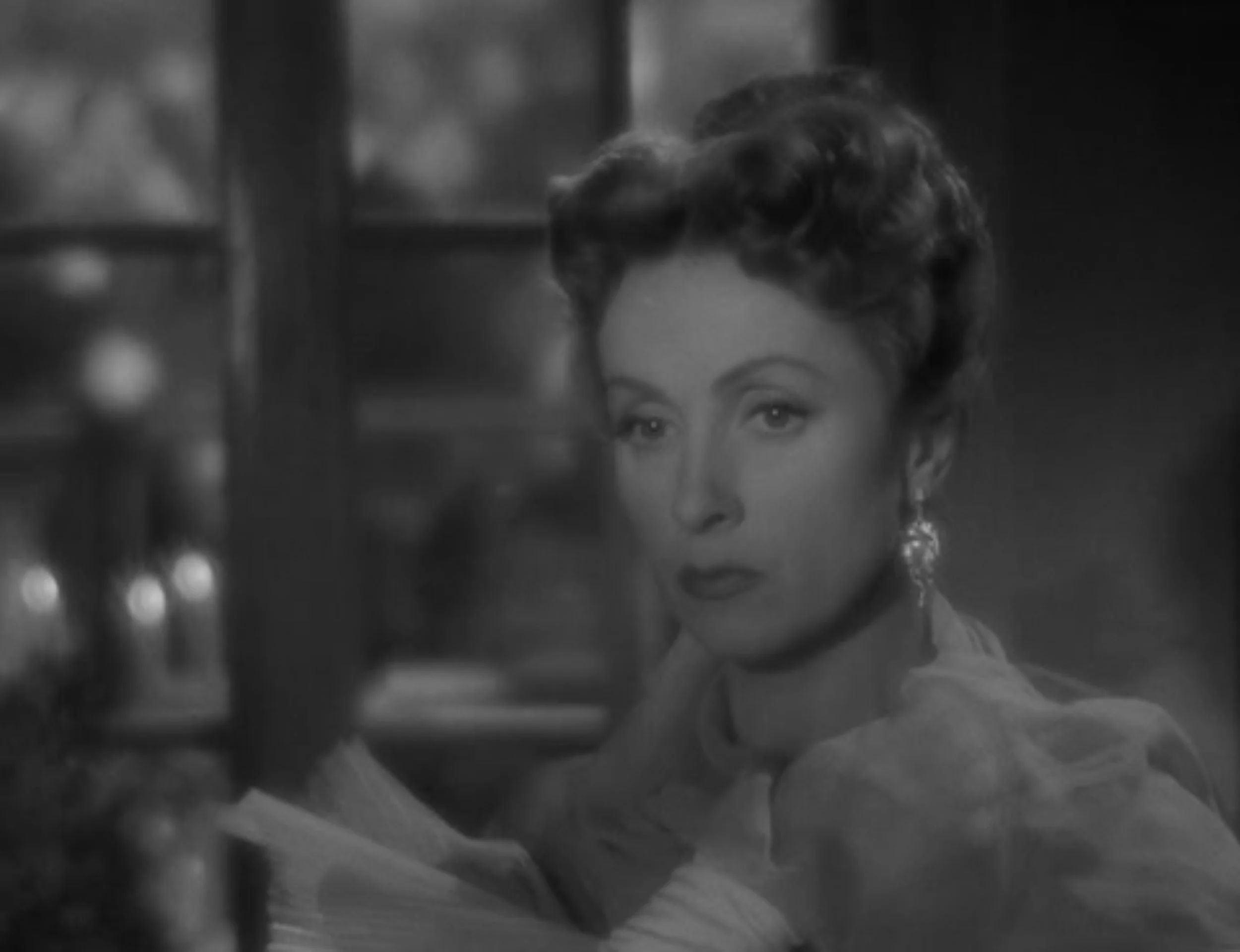
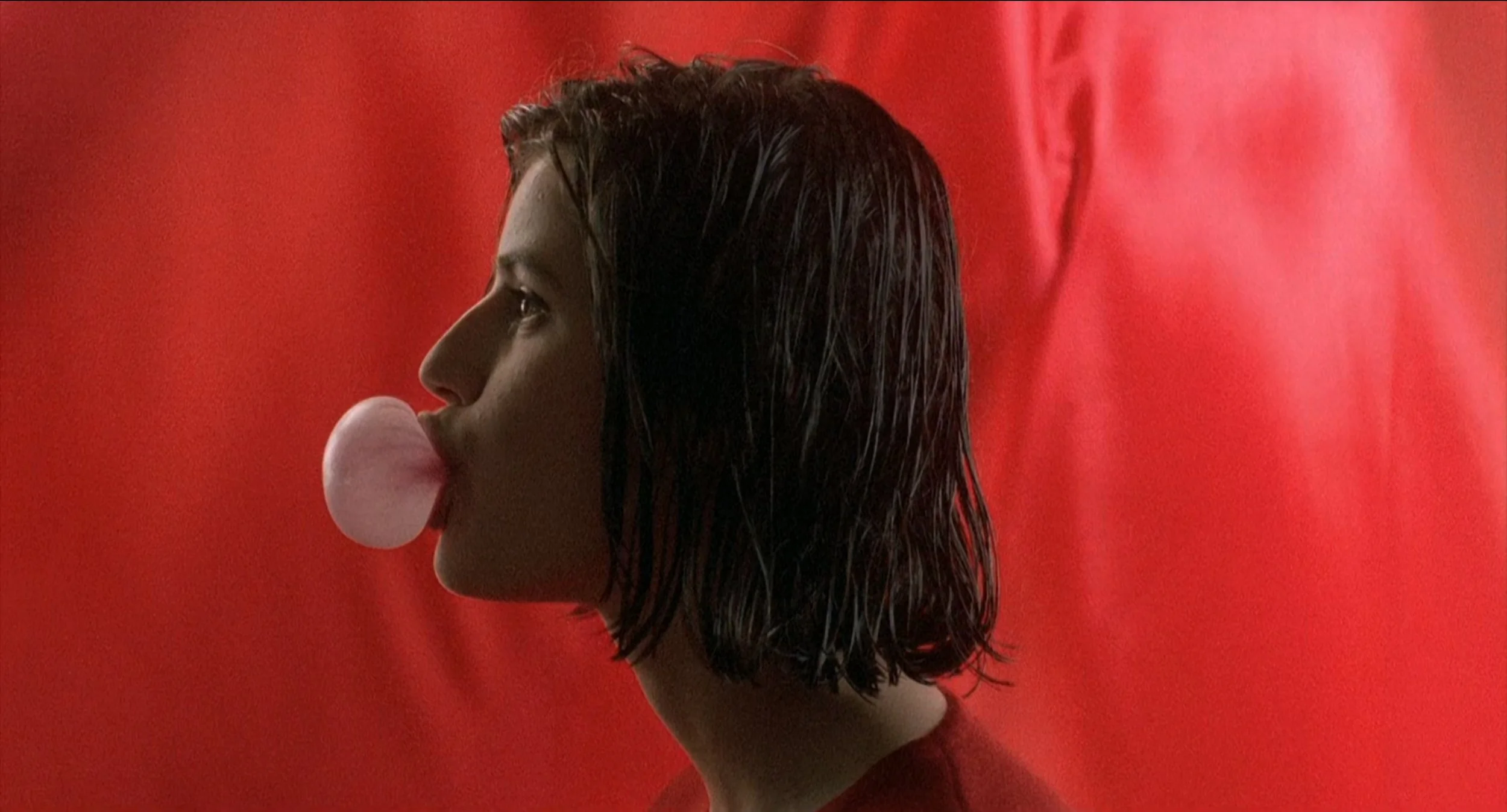
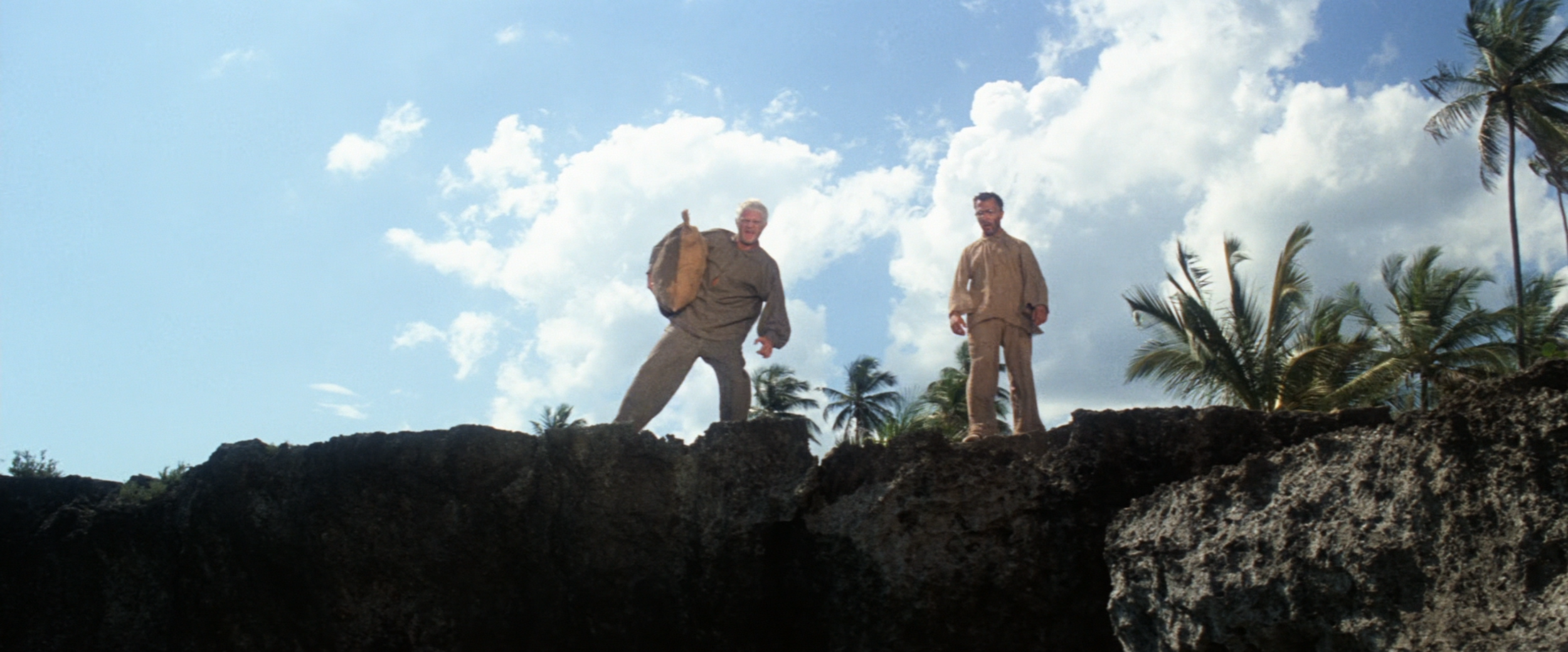

























Poetry comes from the unlikeliest of drivers.